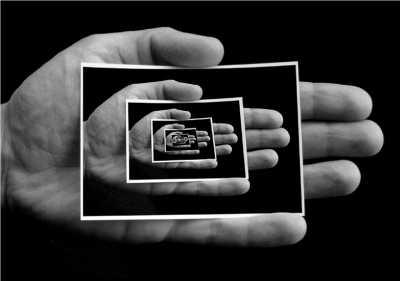Taking the occasion of a forum discussion to clarify what Postmodernism actually is and how it works. Described in a way that is both powerful (it points to the real heart of the meaning) and easy to use (you can immediately say on your own if some work falls in the category).
Listen to me, but also consider I didn’t specifically study this at school nor I’m giving you a definition that is “orthodox”. I claim for something more: this is a so powerful definition that intrinsically defines everything falling under the Postmodern umbrella with no exclusions, and whether an author is aware or not of writing something Postmodern. Some stuff is legitimately Postmodern even if not normally identified as such, especially because it comes from something that is the center of a Post-modern world, so you are under its influence regardless of your awareness of it. It’s this world and age to be “Postmodern”.
So when Erikson says that Malazan is Postmodern, making it even harder to pinpoint, or when bland terms are tossed around like “meta-narratives”, “deconstruction”, “skepticism”, or “unreliable narrator”, “fourth wall”, and so on, then you’d know that they are all flavors of the same thing. And knowing the thing itself makes you understand why it can have so many different flavors, and what is that unifies them all.
—

Reflexivity and self-awareness.
Postmodern Literature is basically writing about writing. Everything “meta” (Gödel) or metalinguistic belongs here. The writer being a character in the book is basically a signature trope, but the point is: worlds within worlds. Escher’s Drawing Hands are postmodern.
In general: the frame and what lies beyond. The frame of a painting, the frame of a book, being the book itself, the pages, the ink. In general all these, in classical stories, are invisible. But in postmodernism they are subject. What’s outside the picture is what the picture is about. The frame itself. So again: reflexivity and infinite loops.
Myse en abyme.
That’s all you need to understand. Everything more commonly recognized as postmodern is a subset of the core I’ve pointed to. For example “questionable narrators” are part of this because a narrator is himself a framing device of a story. Being the frame itself the focus, so the narrator, you go and “question” it as an actual character. If classical stories are one-way, toward the story and immersion, with Postmodernism the viewpoint becomes reflexive, and it can reflect the reader himself, or the writer, or the medium.
Same for “fragmentation” and “paradox”. They are devices. They are meta-structure, so metalinguistic. Reflexivity about language and structure.
And all of this surfaces merely because the original framing device, and reflexivity, is the brain. Consciousness.
Postmodernism is about the unreliable narrator that is consciousness.


2 Comments
Hi, I just found you by typing in Charlie Kaufman Kabbalah in Google because I’m still trying to make sense of the t-4 phage appearing with a cow at breakfast on a tv cartoon during the beginning of Synedoche, New York, and his allusion to the title of the play at 1:44:44 since something in the weasel’s dues has them stuck with leaving clues to their frames around the Apocalypse Synthesis…
And, I must say, You Are AWESOME! It is going to be awhile until I digest all the amazing things you are into but I will, be out there, working on it…. so keep going, and, remember, you are at the top of google for the specified search, how cool is that?
Ah, that movie has been in my watch queue for more than two years.
I should watch it…